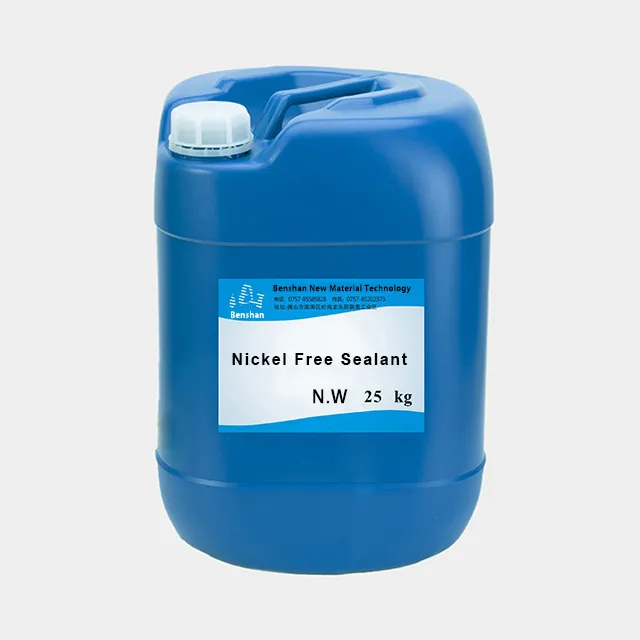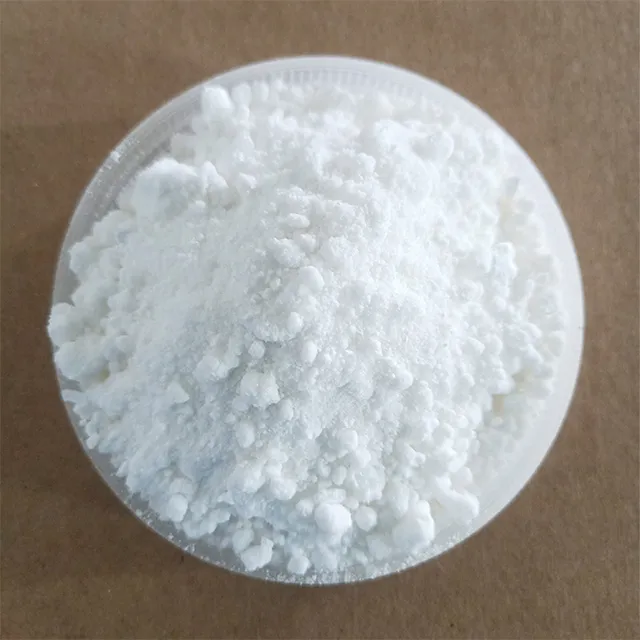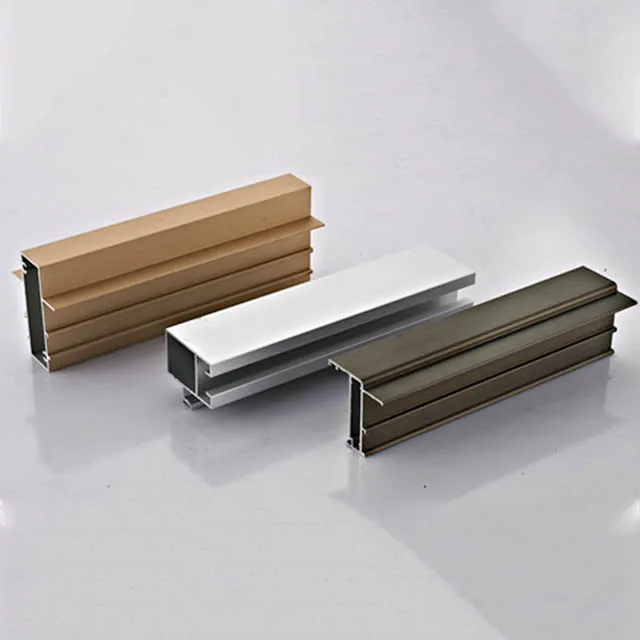
Will sealing additive affect the plasticity of aluminum products?
2024-04-15 15:30
In daily life and industrial production, aluminum products are widely used in various fields, such as construction, automobiles, electronics, etc. However, with the continuous advancement of technology and changing market demands, sealing agent, as an important metal treatment method, has attracted people's attention. Some people worry that sealing additive agents will affect the plasticity of aluminum products, leading to a decline in product quality. Today, we will delve into this issue and reveal to you the truth about the plasticity of sealing additive agents on aluminum products.
1. The role and impact of sealing agent
Sealing additive agent is a chemical used for metal surface treatment. Its main function is to form a dense protective film to improve the corrosion resistance, wear resistance and sealing of metal products. However, some people worry that sealing additive agents will change the physical properties of aluminum products and affect their plasticity, leading to increased processing difficulty and reduced molding performance.

2. Factors affecting the plasticity of aluminum products by sealing additive agent
The effect of sealing additive agent on the plasticity of aluminum products depends on many factors, including the type, concentration, and usage method of the additive. Generally speaking, the ingredients in the sealing additive agent will chemically react with the aluminum material to form a dense oxide or compound film, changing the physical structure and properties of the surface. This coating may increase the hardness and strength of aluminum products, thereby affecting its plasticity and processing properties.
3. The actual impact of sealing agent on the plasticity of aluminum products
In fact, the effect of sealing agent on the plasticity of aluminum products is not absolute. With the correct selection and rational use of sealing additive agent, its impact can be minimized. On the one hand, a suitable sealing additive agent can improve the surface quality of aluminum products, improve the corrosion resistance and wear resistance of the product, thereby reducing damage and scrap rates during processing; on the other hand, the amount of sealing additive agent added and Process parameters can also be adjusted to control the thickness and properties of the film layer and minimize the impact on plasticity.

4. How to solve possible problems
Although sealing additive agents may have a certain impact on the plasticity of aluminum products, it does not mean that it cannot be solved. For some products with special requirements, special sealing additive agents can be selected to meet the special performance requirements of the products; at the same time, strengthening the research and development of sealing additive agents and constantly optimizing the formula and process can also reduce the impact on plasticity and improve Product processing performance and quality stability.
5. Industry efforts and suggestions
The industry is constantly exploring and researching to solve the problem of the impact of sealing additive agents on the plasticity of aluminum products. It is recommended that manufacturers strengthen cooperation with scientific research institutes and industry associations to jointly carry out R&D and application technology research on sealing additive agents to improve the technical content and market competitiveness of products. At the same time, strengthening the management and monitoring of production processes and improving product consistency and stability are also one of the keys to solving problems.

The effect of sealing agent on the plasticity of aluminum products is a complex issue that requires comprehensive consideration of multiple factors. In practical applications, we should balance product performance and processing performance, scientifically and rationally select sealing additive agents, and strengthen product quality control to achieve high-quality development and application of aluminum products.








